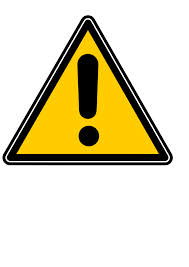An Overview of English Nouns
Nouns are words that refer to people, e.g.: sister, places, e.g.: France, concrete things, e.g.: book and abstract notions, e.g.: love. The most important thing to know about nouns is that you need to learn as many as you can! We suggest you start with the most common ones and use vocabulary lists to increase your knowledge of nouns.
When writing nouns, you need to know how to spell them and how to indicate their number (singular/plural).
Number agreement
Most nouns form the plural by adding "s" to the end, e.g.: One house, two houses.
The plural of words ending in 's', 'z', 'ch', 'sh', or 'x' is formed by adding 'es'. For example, one bus, two buses; one quiz, two quizes; one church, two churches; one lash, two lashes; one tax, two taxes. Note that words ending in 'ch' that represented the 'k' sound simply take 's', e.g.: two monarchs.
Other notable exceptions are:
a) words ending in consonant +y form the plural with -ies, e.g.: one baby, two babies.
b) words ending in consonant +o form the plural with -es, e.g.: one potato, two potatoes.
Some nouns have a plural that involves a vowel change, e.g.: One woman, two women; one man, two men; one child, two children.
For some animals, no change is required, e.g.: One sheep, two sheep; one deer, two deer. That said, most words referring to animals form their plural by adding "s", e.g.: two dogs, two cows, two cats, etc.
Gender of Nouns
Unlike what is found in many languages (e.g.: French or Spanish), English nouns are not categorized by grammatical gender. That said, a biological difference is indicated in a number of pronominal forms. For example, The girl ... she; the boy ... he. In possessive forms, the gender of the possessor is indicated. For example, Mary ... her brother; John ... his sister.
 The words advice, research and furniture are singular in English, e.g.: This furniture is beautiful; the words scissors and pants are always plural.
The words advice, research and furniture are singular in English, e.g.: This furniture is beautiful; the words scissors and pants are always plural.